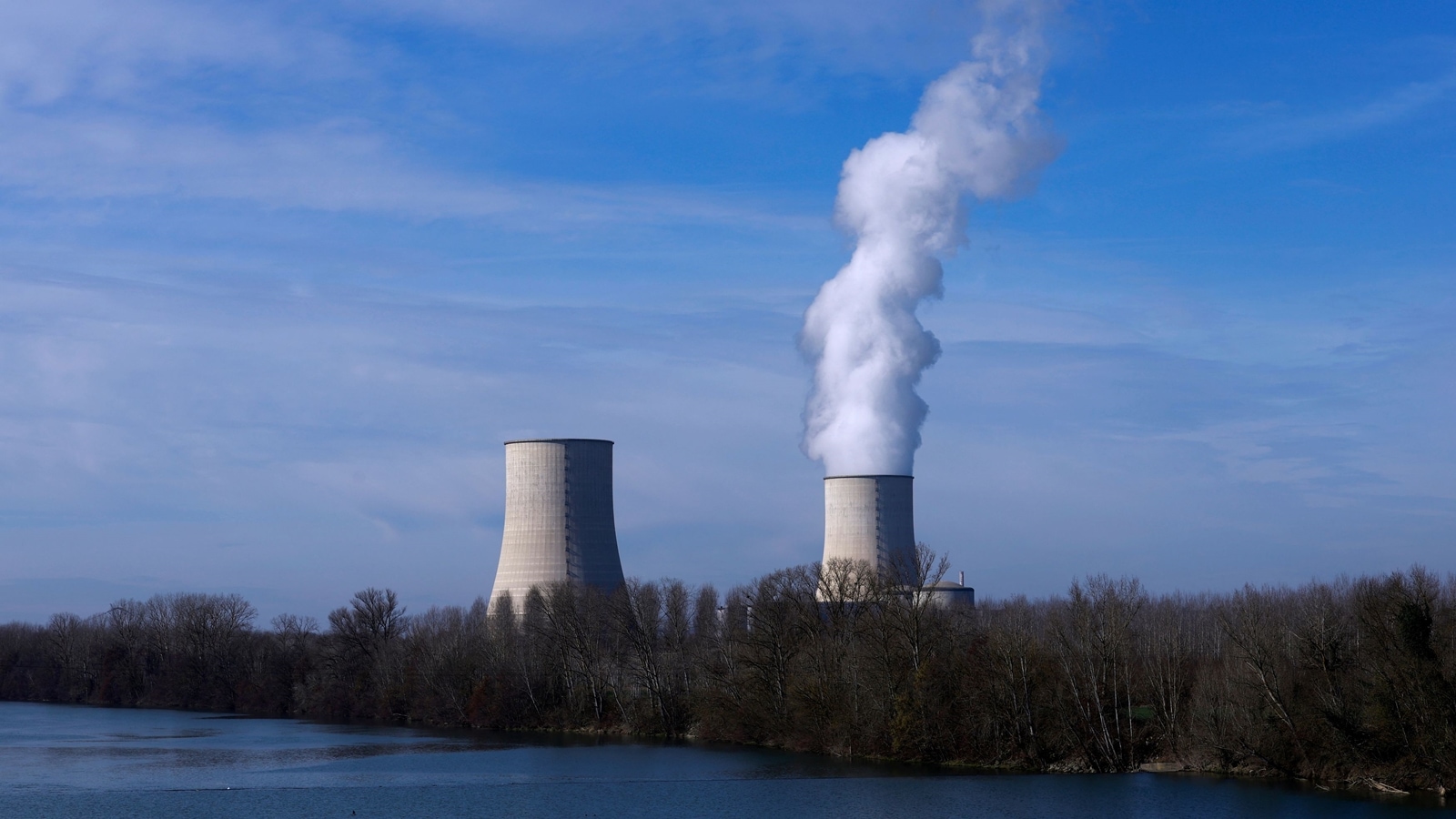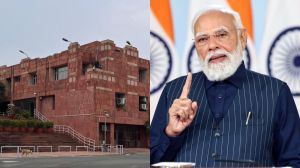Soumyarendra Barik is a Special Correspondent with The Indian Express, specializing in the complex and evolving intersection of technology, policy, and society. With over five years of newsroom experience, he is a key voice in documenting how digital transformations impact the daily lives of Indian citizens. Expertise & Focus Areas Barik’s reporting delves into the regulatory and human aspects of the tech world. His core areas of focus include: The Gig Economy: He extensively covers the rights and working conditions of gig workers in India. Tech Policy & Regulation: Analysis of policy interventions that impact Big Tech companies and the broader digital ecosystem. Digital Rights: Reporting on data privacy, internet freedom, and India's prevalent digital divide. Authoritativeness & On-Ground Reporting: Barik is known for his immersive and data-driven approach to journalism. A notable example of his commitment to authentic storytelling involves him tailing a food delivery worker for over 12 hours. This investigative piece quantified the meager earnings and physical toll involved in the profession, providing a verified, ground-level perspective often missing in tech reporting. Personal Interests Outside of the newsroom, Soumyarendra is a self-confessed nerd about horology (watches), follows Formula 1 racing closely, and is an avid football fan. Find all stories by Soumyarendra Barik here. ... Read More
Anil Sasi is the National Business Editor at The Indian Express, where he steers the newspaper’s coverage of the Indian economy, corporate affairs, and financial policy. As a senior editor, he plays a pivotal role in shaping the narrative around India's business landscape. Professional Experience Sasi brings extensive experience from some of India’s most respected financial dailies. Prior to his leadership role at The Indian Express, he worked with: The Hindu Business Line Business Standard His career trajectory across these premier publications demonstrates a consistent track record of rigorous financial reporting and editorial oversight. Expertise & Focus With a deep understanding of market dynamics and policy interventions, Sasi writes authoritatively on: Macroeconomics: Analysis of fiscal policy, budgets, and economic trends. Corporate Affairs: In-depth coverage of India's major industries and corporate governance. Business Policy: The intersection of government regulation and private enterprise. Education Anil Sasi is an alumnus of the prestigious Delhi University, providing a strong academic foundation to his journalistic work. Find all stories by Anil Sasi here ... Read More
- Tags:
- Nuclear energy


































